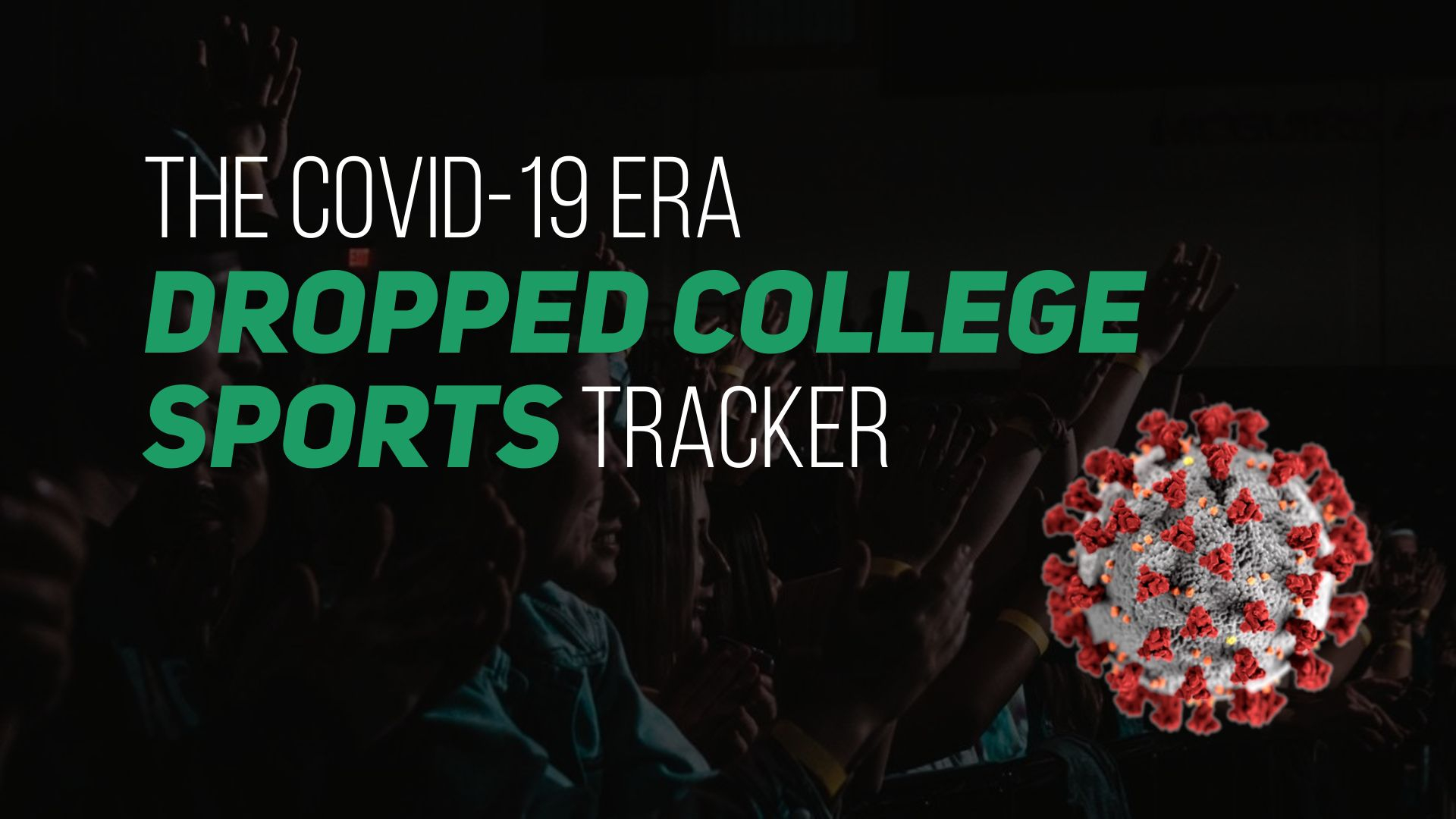
When 2019 NCAA champion Nick Suriano announced his move to Michigan for his final season of eligibility, the chatter in the wrestling world immediately began about the Wolverines becoming a title contender. This makes for good television, especially with Detroit serving as the host of this year’s NCAA Division I Wrestling Championships.
There’s a couple questions, or rather, prophecies that need to be flushed out for this to come to fruition. What else beyond the addition of Nicky Transfer Portal will be enough?
Michigan in a historical context
The NCAA wrestling championship format has changed over the years. Our current eight-placement format didn’t come into use until 1979 and the current full consolation round format didn’t get adopted until 1996. From 1979-1995, if you lost in the first round, the wrestler who beat you had to win their next match to bring you back into the tournament. Minnesota, for example, still currently uses this format for its individual high school state championships.
With that knowledge, you have to look at the numbers with some historical prejudice, knowing that eras, qualification methods, placement and team scoring differ. Looking at team champions and the number of place winners from 1966-1969 has to be thrown out in some respect. Why? There were 11 weight classes.
Michigan WILL have to perform in a manner it never has before
With all its wrestling tradition, the Wolverines have only had six placewinners once in program history – that came in 1965. Michigan’s best stretch of placers came from 1963-1967 where 24 Wolverines landed on the podium. That same timeframe only saw three individual championships.
When qualifying tournaments came into the picture in 1968, the Wolverines’ placement output dropped to just nine from 1968-1972. Since 1996, Michigan’s had five placewinners on five different occasions, but only once did they have a champion the same year they placed five wrestlers.
Michigan has also never had two champions in the same season. There’s no requirement to have multiple champions to win a team title, but since 1970, when the NCAA went back to 10 weight classes, it’s only happened 12 times in 51 tournaments. Only four times has a team won the NCAA title without a champion.
Michigan doesn’t NEED Logan Massa back, but it will certainly help
This is not a must-do, but when a potential lineup gets put together with Suriano, Massa’s remaining eligibility becomes a factor. A lineup that includes Massa and Suriano would have seven wrestlers who have placed in the tournament during the course of their careers.
Among NCAA team champions since 1970, the average is 6.8 placewinners per title. Six is the magic number to really have a chance. Only eight times since 1970 has a team with five or fewer placewinners won a team title. Of those eight, five teams had multiple champions, which means having Massa in the picture gives the Wolverines some wiggle room should someone have a bad tournament.
Michigan WOULD benefit by qualifying all 10 to the championships
This again goes back to Michigan over-performing. The Wolverines have had 10 wrestlers at the tournament three times in their history, twice in the 1960s and the most recent occurrence coming in 2015, when the Wolverines placed five and finished 11th. Adam Coon’s runner-up finish was the only placement above sixth. It’s not a difficult concept to understand, the more wrestlers at the tournament, the more chances to place, and this isn’t telling you anything you don’t know, but just getting there doesn’t get you any points. What helps is this level of qualifier means each wrestler is already experienced in knowing what it takes to medal.
Michigan WILL need help
With Iowa returning everyone and Penn State possessing wrestlers who generate bonus points by breathing, Michigan will need some help from the field. We’re barely a month into the season and Suriano and Massa aren’t even on the roster yet, so it’s a bit much to start talking about the matches Michigan needs to win at the tournament. A whole lot of shenanigans can occur between now and when the first whistle blows on St. Patrick’s Day in Detroit. This is the obvious “win the ones you should, pin the guys you should, hope the field can knock off some of the landmines in the process.”
Taking aim: More history with points
Since 1996, the start of the current format of the NCAA Division I championship, the average point total for the team champion is 125.46. Iowa’s 1997 team with five champions and eight placers has set the bar for the modern era of team scoring. The fewest points to win is 96.5 by Iowa in 2009 when the Hawkeyes didn’t have a champion and only placed five.
Bird in the Hand: Present day with points
In taking each wrestler’s most recent championship as a potential points value, Michigan is sitting at 120.5 points. If you take the best overall performance from each wrestler at the championship during their career, you’ll add 4.5 points to the total for 125, which hypothetically would have been good enough to win a title in 14 of the last 25 championships. Yes, that’s the max points earned by a projected lineup that contains Massa.
The intangibles
The most glaring thing in Michigan’s favor when you talk about intangibles is wrestling essentially in a home environment. Little Caesar’s Arena is 42.3 miles from Cliff Keen Arena in Ann Arbor. This can go one of two ways – it can provide a level of comfort knowing the amount of travel for Michigan isn’t going to be anywhere as cumbersome for any other championship-contending team. The opposite is the pressure of wrestling “at home” could take its toll as four of Michigan’s potential qualifiers are from Michigan.
A big key, at least in this analysis, is the second time around for Dylan Ragusin and Will Lewan. Lewan qualified for the tournament twice, but the first time was during the canceled 2020 postseason, so the 2021 championships was his first shot at the show.
While there’s no relevant statistic (yet) to back up this claim, you typically see highly touted prospects fare far better in their second appearance than their first. A sixth-place finish would improve Michigan’s point totals near the 130-range. Ragusin’s situation will also be weight-related as it was a widely known he cut pretty hard last year to make 125 pounds. Most assume he’ll be more effiective with good weight on at 133 pounds.
Lastly, it’s the “act like you’ve been there before” conundrum. For Michigan to make history and do something the school has never done, it’s quite literally going to have to do a number of things the school has never done.
What do you think? Hit the comments.








